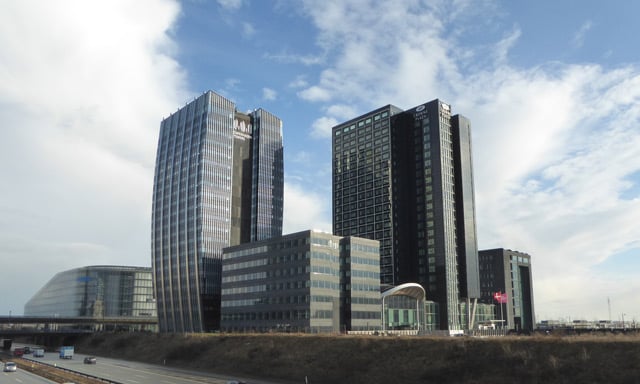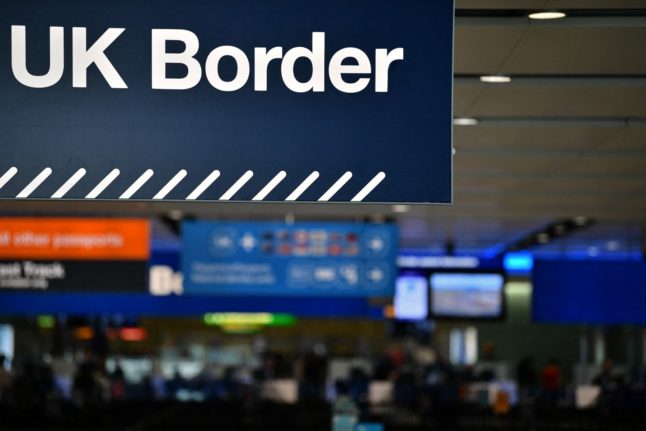BREXIT
Denmark makes official bid to lure EU agency from London
The Danish Foreign Ministry announced on Monday that it has officially submitted a bid for Copenhagen to become the new home of the European Medicines Agency (EMA).
Published: 31 July 2017 15:53 CEST

The Danish PM said the Copenhagen Towers building "stands ready for EMA". Photo:Leif Jørgensen/WikiCommons
In a press release, the ministry said that the Danish capital would provide the “optimal setting” for the agency, which is currently based in London.
The Danish bid would offer the EMA 20 years of rent-free housing within “a new, modern and sustainable building with a superb location less than ten minutes from the airport”. The bid also highlighted the Nordic nation’s vaunted high quality of life for prospective EMA employees and said that a transition plan had been established to allow the EMA to continue to function fully during the relocation phase, including “support and counselling to EMA staff and families, and targeted talent attraction”.
Foreign Minister Anders Samuelsen said that Copenhagen would provide a “plug and play solution” for the EMA.
“London has been a great home for EMA for years. We now have to find a new location that can provide an equally good environment for the Agency to continue its work to the benefit of European health. We believe Copenhagen can offer just that,” he said.
“The business continuity of the Agency is at the core of our bid. We come prepared with a detailed transition plan taking into account all relevant details of the potential relocation to Copenhagen. There is no doubt that EMA can be fully operational in Copenhagen by March 2019,” Samuelsen added.
The bid would place EMA in Copenhagen Towers in the Ørestad district near Copenhagen Airport. In a video statement released as part of the bid, Prime Minister Lars Løkke Rasmussen said that the Danish government has already rented out the necessary space to house EMA, saying that the “new, modern and sustainable building” would meet “all of EMA's requirements”.
Health Minister Ellen Trane Nørby pointed to Denmark’s strong track record in medical research and the nation’s flourishing pharmaceutical industry.
“Denmark has a strong tradition for safeguarding patient safety, a world class research environment, a pharmaceutical industry among the leading globally and we would be more than ready to take on the responsibility for EMA's continuous pursuit of public health work,” she said.
The official attempt to bring the agency to Copenhagen was long expected, with the Danish government first signalling its intentions in February.
Denmark set up a Brexit ‘task force' the day after Britain voted to leave the EU in a referendum in June last year. The function of the task force is to “identify Danish interests in the coming negotiations,” according to the Ministry of Foreign Affairs.
Url copied to clipboard!


 Please whitelist us to continue reading.
Please whitelist us to continue reading.